#also just. muslim characters. multiple muslim actors. muslim indian lesbian...that's ME.
Explore tagged Tumblr posts
Text
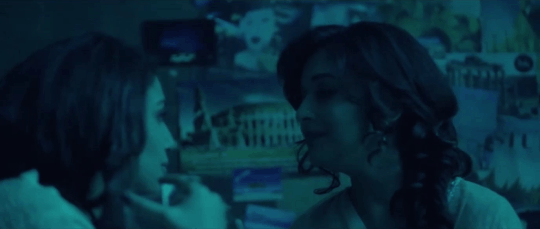
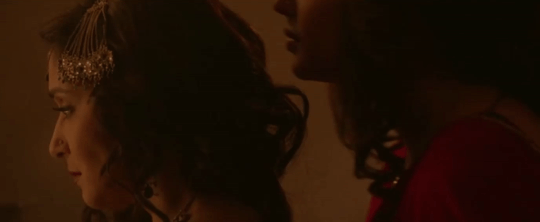
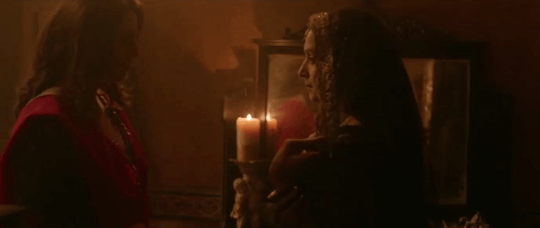

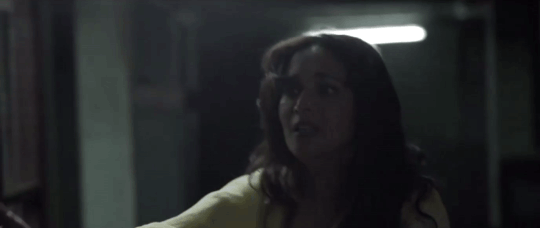
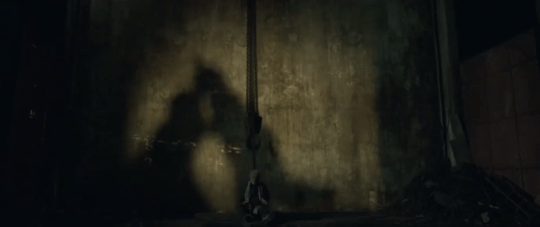

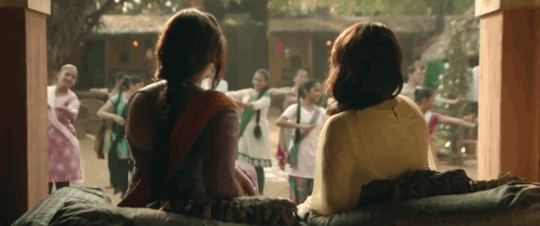
Queerness in Indian Media
↳Film: DEDH ISHQIYA (2014, Hindi) dir. ABHISHEK CHAUBEY
Dedh Ishqiya is a dark comedy which follows two criminals, Khalu (Naseeruddin Shah) and Babban (Arshad Warsi), who decide to con a widowed noblewoman, Begum Para (Madhuri Dixit). Unbeknownst to them, Begum Para has got a plan of her own: find a rich suitor, swindle him out of his money, then run away with her maid, Muneera (Huma Qureshi), with whom she is in love. The womens' plan takes several alarming turns, but ultimately Begum Para and Muneera are able to trick Khalu and Babban, elope together, and live happily ever after.
The lesbian relationship is loosely based off of Ismat Chughtai's 1942 short story Lihaaf, which was an extremely controversial story in British colonial India for its allusions to sexuality and lesbianism, and which resulted in the author being called for an obscenity trial. The short story includes abusive and pedophilic elements which Dedh Ishqiya does away with; instead, Begum Para and Muneera's relationship is one of mutual love between adults.
Abhishek Chaubey discusses his films, including how he came to include the "lesbian strain" in Dedh Ishqiya and how "learned friends" helped him with coding the relationship, here
The actress Madhuri Dixit has been in multiple gay and gay-coded media, both as a supportive character and as the gay character herself. She has also been supportive in real life of the LGBTQ community.
#bollywood#dedh ishqiya#queerness in indian media#'tumblr user pariaritzia weren't the last 2 posts also madhuri dixit media' yes it is and the next one is too lmao#anyway. there is a reason she is a gay icon for many gay indians#this is one of my absolute favourite movies and the soundtrack is so nice#kya hoga is my second favourite song of all time#also just. muslim characters. multiple muslim actors. muslim indian lesbian...that's ME.
132 notes
·
View notes